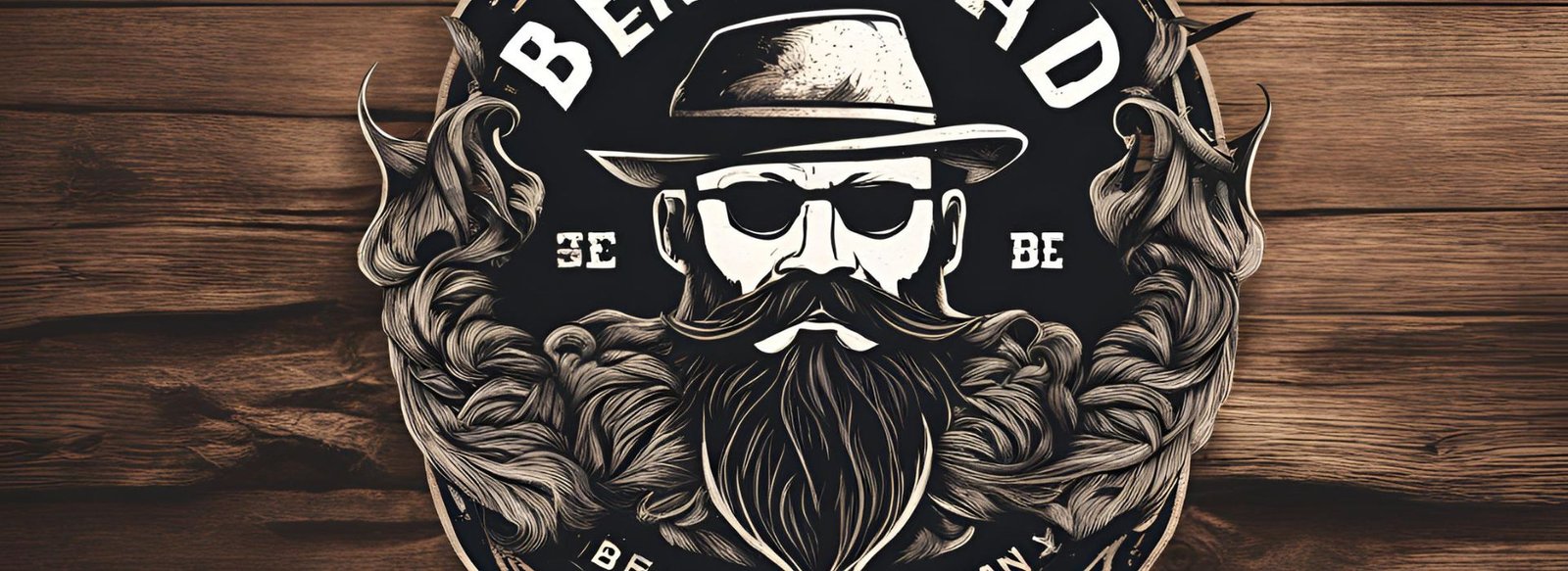Beard itch is a common problem that many men face, especially during the early stages of growing out their beard. It can be uncomfortable, distracting, and even discouraging. Fortunately, there are several effective strategies to alleviate and prevent beard itch, ensuring that your beard growth journey is as smooth as possible. Here’s a comprehensive guide to stopping beard itch and maintaining a healthy, itch-free beard.
Understanding Beard Itch
Beard itch occurs when the skin underneath your beard becomes irritated or dry. Several factors contribute to beard itch:
- Dry Skin: As your beard grows, it can pull moisture away from your skin, leading to dryness and irritation.
- New Hair Growth: When you first start growing a beard, the new hair can be coarse and sharp, leading to irritation and itchiness.
- Beard Dandruff: Also known as beardruff, this condition is similar to dandruff on the scalp and can cause itching and flaking.
- Inadequate Grooming: Poor grooming practices can exacerbate beard itch, as trapped dirt, oil, and dead skin cells can irritate the skin.
1. Keep Your Beard Clean
Maintaining good hygiene is crucial for preventing and relieving beard itch. Follow these tips to keep your beard clean:
- Use a Beard Shampoo: Regularly wash your beard with a mild beard shampoo or cleanser designed for facial hair. This helps remove dirt, oil, and dead skin cells without stripping your beard of its natural oils.
- Avoid Hot Water: Hot water can strip away natural oils from your skin and beard, leading to dryness. Opt for lukewarm water when washing your beard.
- Be Gentle: Use a soft washcloth or your fingers to gently massage the shampoo into your beard. Avoid scrubbing too hard, as this can irritate your skin.
2. Moisturize Regularly
Keeping your skin and beard moisturized is key to preventing and alleviating itchiness. Here’s how to do it effectively:
- Apply Beard Oil: Beard oil helps hydrate both the beard and the skin beneath. It contains essential oils and carrier oils that soothe dryness and reduce irritation. Apply a few drops of beard oil daily, massaging it into your beard and skin.
- Use Beard Balm: Beard balm is another excellent option for moisturizing. It provides a thicker layer of hydration and helps condition your beard, making it softer and more manageable. Apply a small amount to your beard, focusing on the areas where you feel itchiness.
3. Exfoliate Your Skin
Exfoliating helps remove dead skin cells and prevent clogged pores, which can reduce itchiness and beardruff. Here’s how to incorporate exfoliation into your routine:
- Beard Scrub: Use a beard scrub or a gentle facial exfoliator to exfoliate the skin beneath your beard. Apply the scrub in circular motions, focusing on areas where you experience itchiness. Exfoliate once or twice a week to avoid overdoing it.
- Exfoliating Brush: A soft-bristle beard brush can also help exfoliate your skin while distributing beard oil evenly. Use the brush gently to avoid irritating your skin.
4. Trim and Groom Regularly
Regular grooming can prevent itchiness by keeping your beard in good shape and reducing irritation:
- Trim Your Beard: Regular trims help keep your beard looking neat and prevent split ends and tangles that can cause itchiness. Trim your beard with scissors or a beard trimmer, and focus on removing any coarse or uneven hairs.
- Comb Your Beard: Use a beard comb or brush to detangle your beard and distribute beard oil or balm evenly. This helps reduce irritation caused by tangled hairs and promotes a smoother, more comfortable beard.
5. Stay Hydrated and Maintain a Healthy Diet
Your overall health can impact the health of your beard and skin. Follow these tips to support healthy beard growth:
- Drink Plenty of Water: Staying hydrated helps keep your skin and beard moisturized from the inside out. Aim to drink at least eight glasses of water a day.
- Eat a Balanced Diet: A diet rich in vitamins and minerals supports healthy skin and hair. Include foods high in vitamins A, C, E, and B, as well as omega-3 fatty acids, in your diet.
6. Avoid Irritants
Certain products and habits can exacerbate beard itch. Be mindful of the following:
- Avoid Harsh Chemicals: Steer clear of beard care products containing harsh chemicals, alcohol, or artificial fragrances that can irritate your skin. Opt for natural, gentle products instead.
- Don’t Overuse Products: Using too much beard oil, balm, or other products can lead to buildup and irritation. Use products as directed and avoid applying excessive amounts.
7. Address Underlying Skin Conditions
If you experience persistent beard itch despite following these tips, consider the possibility of an underlying skin condition:
- Consult a Dermatologist: If your beard itch is severe or accompanied by redness, swelling, or sores, it may be due to a skin condition such as eczema or psoriasis. A dermatologist can help diagnose the issue and recommend appropriate treatments.
Embrace a Comfortable Beard
Beard itch can be a common challenge, but with the right care and attention, you can find relief and enjoy a more comfortable beard. By maintaining good hygiene, moisturizing regularly, exfoliating, and following a healthy lifestyle, you can reduce itchiness and keep your beard looking and feeling its best.
Remember, patience and consistency are key when it comes to beard care. As you implement these tips and solutions, you’ll be well on your way to a healthier, itch-free beard that you can proudly flaunt. So, take care of your beard, enjoy the journey, and embrace the satisfaction of a well-groomed, comfortable beard.



